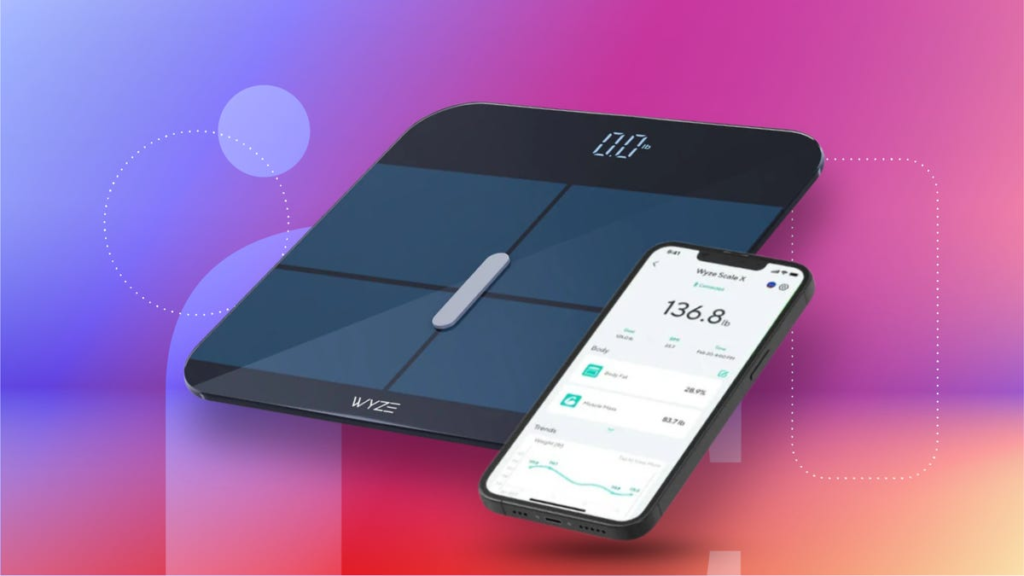Weigh yourself at the same time: To get a consistent reading when using a scale, it’s important to weigh yourself first thing in the morning, before you’ve had anything to drink or eat. “You should weigh yourself without clothing or with minimal clothing. If you do this, try to wear the same clothes every time you weigh in,” said Stella Lucia Volpe, professor and head of the Department of Human Nutrition, Food and Exercise at Virginia Tech.
Volpe recommends weighing yourself no more than once a week. “As you weigh more, you will notice fluctuations in your body weight, and it can be frustrating when you’re trying to lose weight,” she said.
Choose a flat surface: Make sure that your scale is on a flat surface, otherwise the imbalance will distort the reading. Make sure you weigh yourself in the same spot every time.
Keep in mind that the smart scale can be faulty: Remember: Just because a smart scale can provide more data than an analog scale doesn’t always mean it’s better. “Smart scales are not proven to have high levels of accuracy and cannot be compared to the ‘gold standard’ measurements for assessing bone mineral density and body composition in terms of body fat and lean body mass, which are achieved through the use of Dual-Energy-X. “Beam absorptiometry (DXA),” Volpe said.
Most people don’t have access to a Dexa scan, so a smart scale is the next best solution. “The smart scale can provide an estimate of body fat and total body water. However, note that the “gold standard” methods for measuring these values would provide more accurate data,” explains Volpe.
Make sure it is set to zero: As with any scale, you want to make sure it is set to zero so you get an accurate reading.
Remember that your weight fluctuates: It’s easy to settle on a number, but remember that your weight is a range, not an exact number, and will fluctuate throughout the day. Fluctuations can occur when you exercise, eat more than normal, go to the bathroom, or even when your muscles hurt and retain fluid.
Note that the data is an estimate: Smart scales include data on your heart rate, bone mineral density, total body water, body fat, and more. Please note that these are estimates based on your age, gender and body weight. Therefore, these scales are not entirely accurate. “Knowing that these scales provide an estimate – although not the highest accuracy – is important but can provide some guidance to the user of these products, especially when many people may not be able to determine their bone mineral density.” and Body composition assessed by DXA,” Volpe said.





